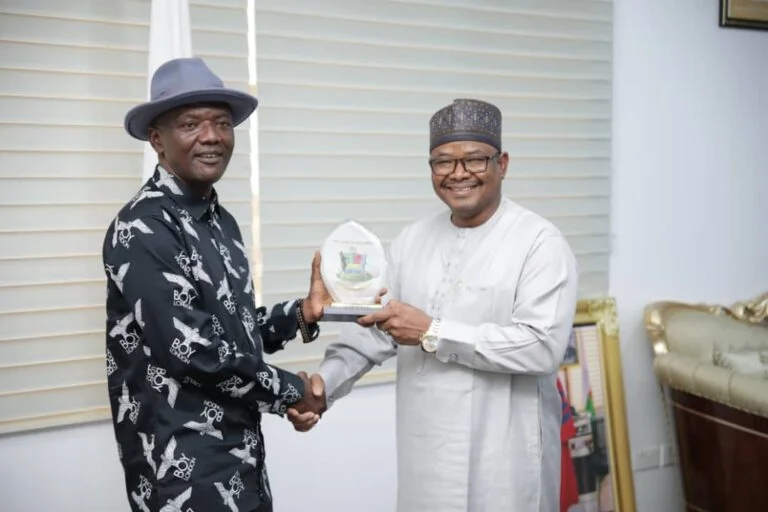The governor, who was represented by the Deputy Governor, Mr Lawrence Ewhrudjakpo, said that Nigeria could achieve better healthcare delivery with the right political will and commitment by all relevant stakeholders.
Diri noted that injecting biomedical engineering and emergency medicine into the medical institutions as well as improving medical infrastructure would dissuade many highly qualified medical professionals from leaving the country.
The governor said that his administration would not relent in injecting more resources to the two sectors with a view to improving the living standards of the people.
He expressed gratitude to the Minister of Education, and the Executive Secretary of the TETFUND for its intervention project at the Bayelsa Medical University (BMU).
His said: “We are quite excited and we extend our appreciation and gratitude to the Minister of Education, and the Executive Secretary of the TETFUND for looking towards our direction.
“We have been looking for partnerships such as this to enable us do better.
“Again, I think we should start looking at modern trends in medicine because Nigeria is still very traditional in medical practice.”
He said there were new areas in medicine like biomedical engineering, which is an area the country really needed to look at.
Speaking earlier, leader of the ministerial monitoring team, Prof. Saad Ahmed said the special high-impact project for the revitalisation of medical schools was initiated by the Federal Government.
According to him, this is part of efforts to address the steady migration of health workers out of the country.
Ahmed explained that one of the strategies to stem the brain drain in the health sector was to increase the production of the needed manpower.
He added that funds had been allocated to 18 medical schools across the country for that purpose.
He explained that the funds were meant to provide infrastructure and equipment with special focus on medicine, dentistry, nursing sciences, and pharmacy.



